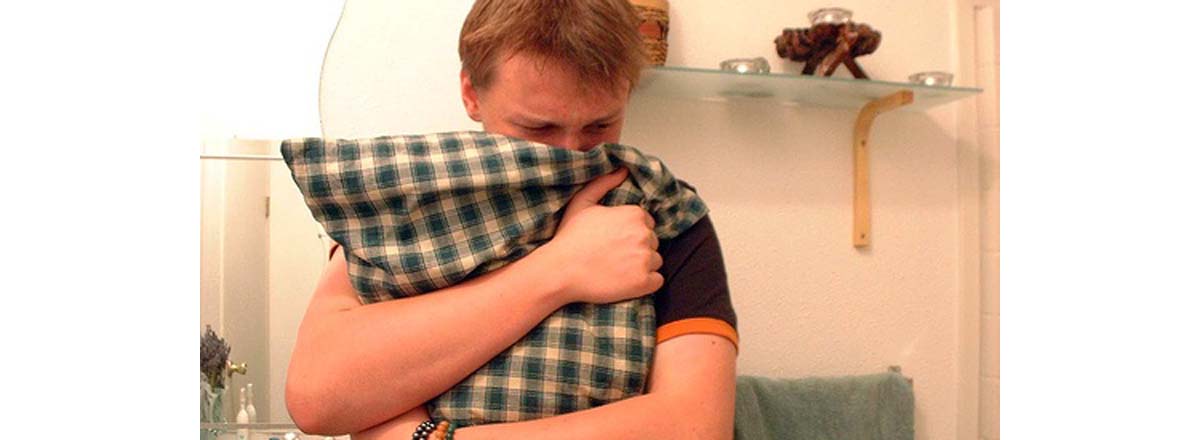Table of Contents
Some commonly prescribed forms of alternative therapy are detailed below.
Acupuncture
Acupuncture is an ancient Chinese treatment for certain diseases and conditions and is characterized by sticking fine, solid needles on specific body parts. It aims to correct the body’s imbalances and thereby stimulates the resistance to different forms of illness. It triggers the production of chemicals that help in decreasing painful sensations.

Herbal remedies
St. John’s Wort is a popularly used herbal remedy for depression. It is a flower that is rich in chemicals which prevent the nerve cells from reabsorbing the chemical messenger known as serotonin. St. Wort’s is effective as an anti-depressant for people suffering from non-melancholic depression.
Another popularly used herbal remedy is Ginkgo biloba, which is typically used for the treatment of conditions related to reduced flow of blood to the brain. It is often used for treating certain ‘thinking’ disorders such as depression.
Light Therapy
Light therapy involves exposing the patient to bright light in the form of the conventional fluorescent lamps or bright sunlight for about half an hour each day. Light therapy has been found to be particularly useful for people suffering from Seasonal Affective Disorder (SAD). The Seasonal Affective Disorder is characterized by the onset of depression in specific seasons (typically winter and autumn). The depression goes away in other seasons such as summer and spring.
Yoga
Yoga is an Indian-origin exercise philosophy involving a gentle form of exercise and is known to be an excellent method for stress management. Yoga is characterized by performing specific ‘asanas’ or postures that are synchronized with breathing. It has been found to be very beneficial in reducing stress and anxiety which are the key precursors to depression. The relevance of yoga in reducing depression has been widely recognized.
Massage Therapy
Massage focuses on using touch for providing relaxation and reducing depression. Massage therapy is based on the principle that the mind and the body are interconnected and therefore the physical health and emotional well-being too are closely interrelated. This in turn proves that when the body is relaxed, it eventually leads to an overall well-being as the mind too contributes to a better health. Massage therapy is known to produce chemicals in brain that lead to a feeling of overall well-being, calmness, and relaxation. Massage reduces specific hormones such as adrenalin, norepinephrine, and cortisol, which can trigger depression in certain people.
Guided Imagery and Relaxation
Guided Imagery is a technique of curing depression by creating harmony between the body and the mind. This technique involves creating peaceful images in the mind for therapeutic uses. Guided imagery is an excellent technique for enhancing a person’s coping or resistance skills. This technique is very beneficial for overcoming feelings of stress, pain, anger, depression, and insomnia.
Omega-3 fatty acids
It is advocated that eating a diet that is rich in omega-3 fatty acids can help ease depression. Omega-3 fatty acids are typically found in fish such as tuna, mackerel, swordfish, and salmon.
Aromatherapy
The technique of aromatherapy involves the use of essential oils extracted from flowers and plants with the purpose of boosting the emotional and physical health of the patient. There are more than 400 essential oils that have a soothing effect on the human mind and body. The oils can be used for massage, or inhaled by using them in an oil burner. You can also add a couple of drops of essential oils while bathing. Aromatherapy is very beneficial for relieving stress and muscle aches.
- “Complementary and Alternative Medicine in the Treatment of Anxiety and Depression”, by Gill van der Watt, et al. Published in the Jan 15, 2008 issue of the journal Current Opinion in Psychiatry, accessed on November 3, 2012.
- “Complementary and alternative medicine for the treatment of major depressive disorder”, by Richard Nahas, et al. Published in the June 2011 issue of Canadian Family Physician, accessed on November 3, 2012.
- Photo courtesy of iwona_kellie on Flickr: www.flickr.com/photos/iwona_kellie/146393382
- Photo courtesy of ebb9 on Flickr: www.flickr.com/photos/ebb9/47962924

